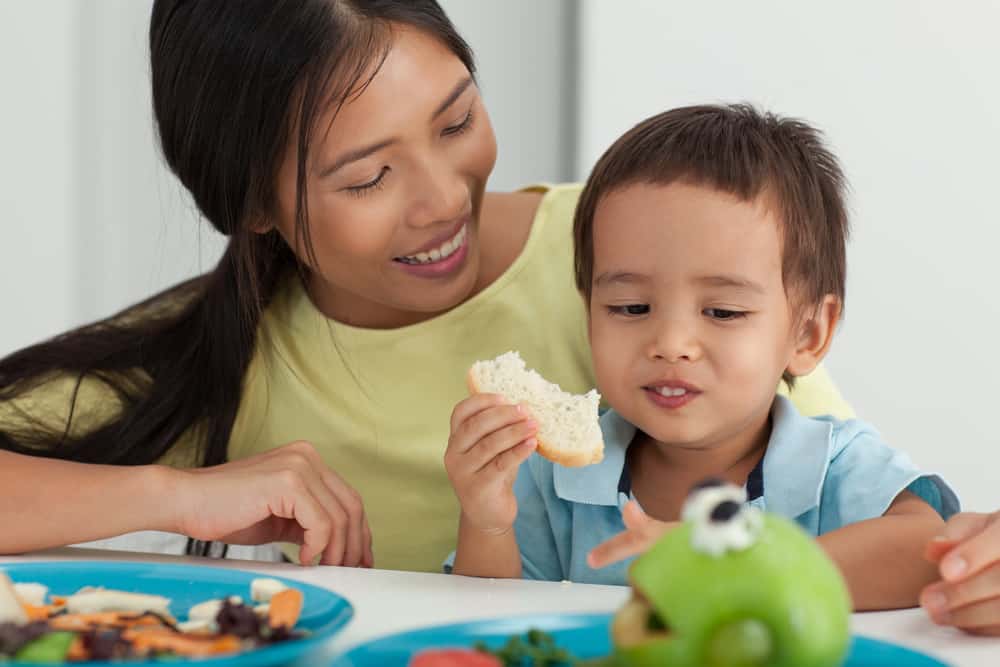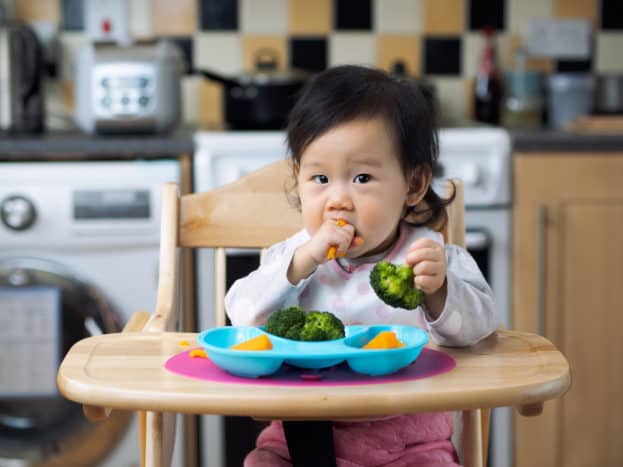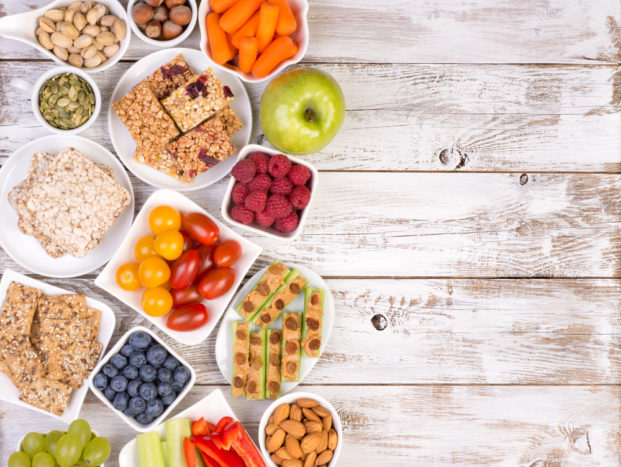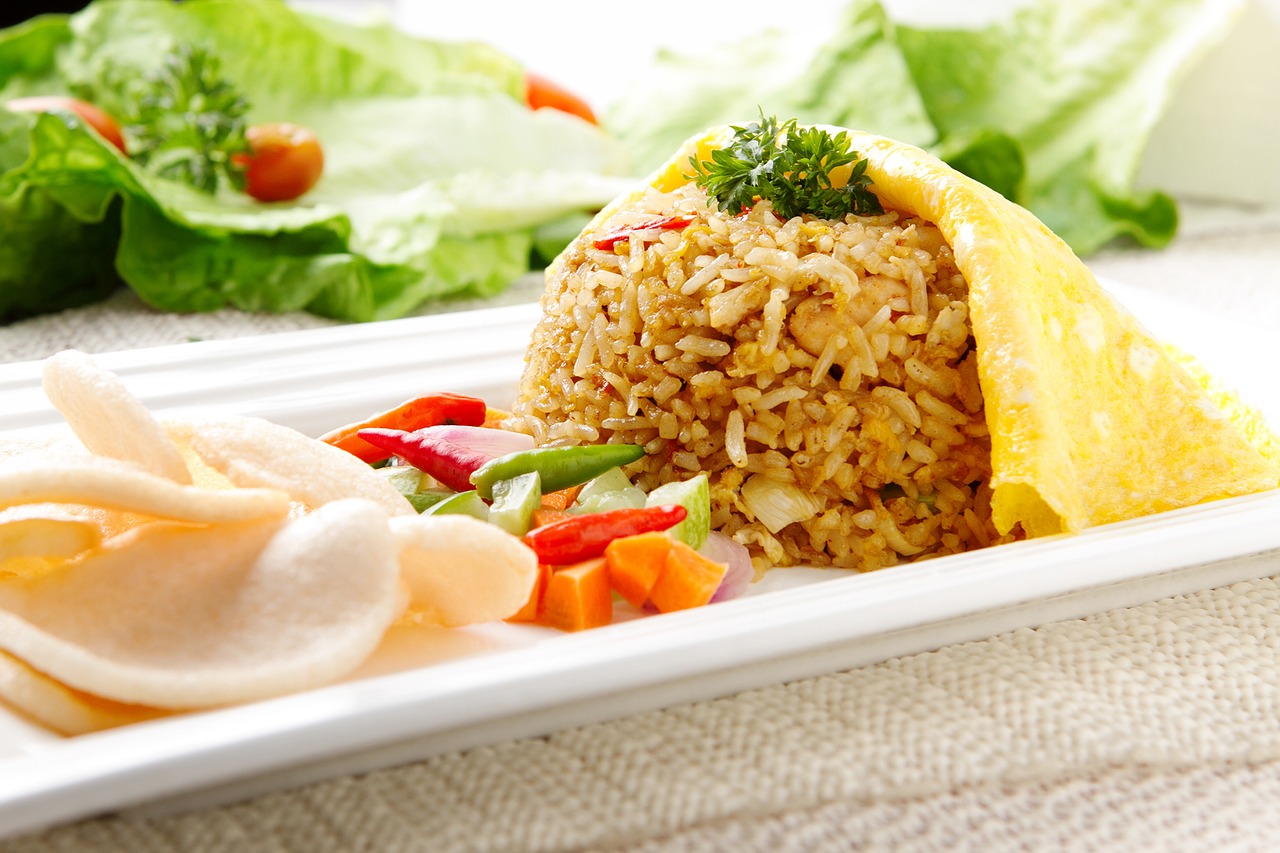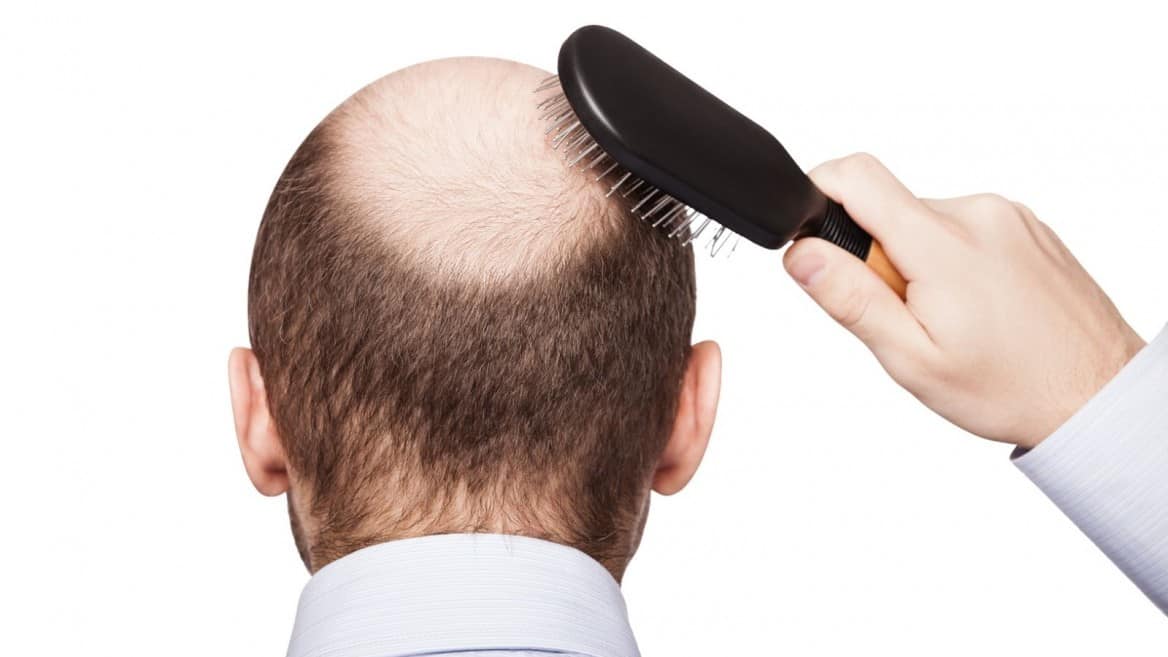Contents:
- Medical Video: 18 Harmful Foods We Keep Giving to Children
- Which should be avoided when giving snacks for children
- 1. Snacks are given too often
- 2. Snacks are given before or after the main meal
- 3. Give a snack in a car or stroller
- 4. Incorrect choice of snacks
Medical Video: 18 Harmful Foods We Keep Giving to Children
Snacks are an important part of a healthy child's diet. Snacks can help provide energy and nutrients needed for child development. Especially if your child usually can't eat a lot or doesn't feel at home if he has to sit too long, then snacks for children can be the solution.
Unfortunately, many parents do not realize that they made a mistake while giving snacks to children. Instead of making children healthy, this mistake can actually make a child lazy to eat or even at risk of obesity.
Which should be avoided when giving snacks for children
Quoted from the Huffington Post, a study revealed that children aged 2 to 3 years consumed more high-salt, but low-fiber foods. In fact, this is largely due to improper snacks for children given.
Not a few preschoolers prefer to eat snacks and sweet drinks, rather than eating fruit or vegetables. If this habit is not immediately changed, this can lead to obesity in children during its development.
Here are the mistakes parents often make when giving snacks to children.
1. Snacks are given too often
One mistake that parents often make when giving snacks for children is to give snacks too often, especially in large quantities. Although it can make a child full, but this can also make your child become picky about food, you know.
If you give a little snack to your child, your little one will find it difficult to control his hunger. He would also prefer tosnackingrather than eating the main food. As a result, the child actually becomes frantic eating and at risk of obesity in its infancy.
Solution:Make a consistent schedule when giving snacks for children. The ideal time is 1.5 to 2 hours before meal time. Divert children's attention if he starts whining askingsnackingbefore the time.
That way, the child will know when he cansnackingand when it's time to eat the main meal. He will also be easier to control his hunger. This is very important to keep a child's weight stable.
2. Snacks are given before or after the main meal
Not a few parents are used to giving snacks to children right before or after their main meal. In fact, this method is actually wrong, you know!
Habitssnacking before meals can reduce a child's appetite. Meanwhile, children are used to it straight awaysnackingafter eating can experience faster weight gain.
Solution:Avoid giving snacks for children right before or after meals. Give a break of at least 1.5 to 2 hours first so that the child is not quickly full and still wants to eat when the meal arrives.
3. Give a snack in a car or stroller
Sometimes, snacks are used as one of the weapons to drive away the boredom of the little guy while traveling. Whether it's given when your child is sitting in the car or on the stroller.
In addition to dirtying clothes, this habit actually makes the child not focus on the food. The child will put food into his mouth without realizing it so that it becomes difficult to recognize when it's time to be hungry or full. Moreover, eating snacks in the car can trigger nausea and vomiting in children.
Solution:Providing snacks for children in a car or stroller can be done. However, choose the right type of snack, for example, one banana orcrackerwheat which is safer to prop the little one's stomach. Rather than giving a snack, it's a good idea to provide your child's favorite books or toys to get rid of his boredom in the car.
4. Incorrect choice of snacks
Be careful, many parents often choose snacks for children. You may often be unconscious when buying snacks that turn out to contain high calories, sugar, salt, or preservatives that are not good for children's health. For example sweet cakes, sweets, or chips.
Occasionally giving a sweet or salty snack can be done to train a child's tasting ability. But do not get too familiarized, because these types of foods are usually poor in vitamins and minerals. As a result, your child can experience malnutrition and not like to eat vegetables or fruit.
Solution:Instead of buying snacks outside, you can provide them yourself at home, really. You also do not need to be afraid of the problem of nutrient content and cleanliness because you are the one who processes it. Prepare healthier and more practical snacks for children such as fresh fruit, whole wheat bread, or boiled eggs.

